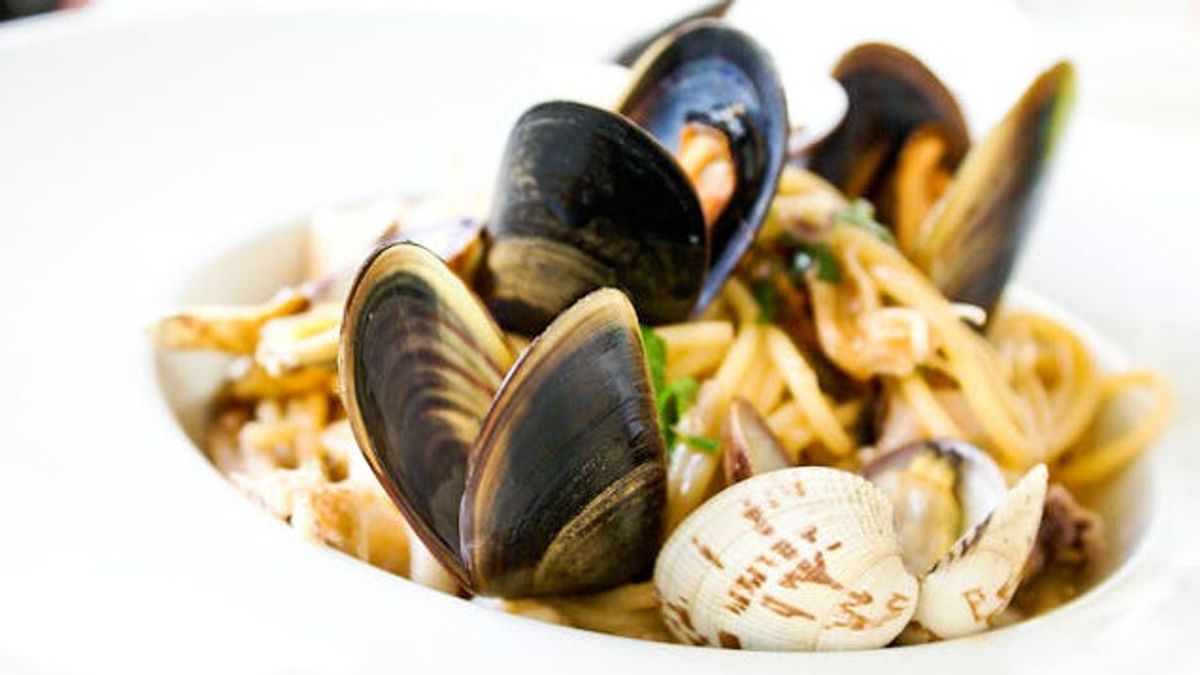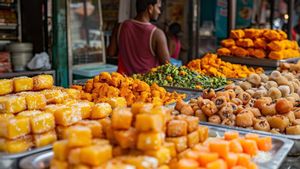JAKARTA - A new study shows that regularly consuming certain marine species can increase the risk of exposure to perfluoroalkyl and polyfluoroalkyl (PFAS) substances, commonly referred to as chemicals forever.
Written on the Health page Friday, research conducted on residents of Portsmouth, New Hampshire found the presence of PFAS in a variety of products, with the highest concentration on shrimp and lobsters.
PFAS is a production chemical used in everything from clothing to electric cable installations. These materials do not fully decompose so that they end up in the air and waters, polluting our food and drinks.
Scientists have linked the chemicals to several human health impacts, including growth and development disorders, liver damage, and increased the risk of certain cancers.
"We hope this can draw attention to the fact that seafood consumption can be an important pathway of exposure to PFAS for high seafood consumers," said study co-author and research professor at the Department of Biology at Dartmouth College, Celia Y. Chen, PhD.
However, research author Megan Romano, PhD, noted that there is still much to be learned about the relationship between PFAS and seafood, including the interaction of factors that lead to the accumulation of PFAS in water animal tissue.
Experts emphasize that you don't have to lose seafood at all to avoid exposure to unsafe PFAS. Instead, be careful when choosing which one to eat.
"Sea food is a very good source of fat-free protein and omega fatty acids, but it may also contain PFAS or mercury, so it is important for us to be careful consumers. This is very important for vulnerable groups, such as pregnant people and small children," said Romano.
SEE ALSO:
Choose a species that researchers say contains lower amounts of PFAS, such as tilapia. Smaller fish such as tilapia or sardines generally tend to be lower in contaminants.
"The key is to eat balanced foods which include a variety of healthy foods and protein sources," said Romano.
The English, Chinese, Japanese, Arabic, and French versions are automatically generated by the AI. So there may still be inaccuracies in translating, please always see Indonesian as our main language. (system supported by DigitalSiber.id)


















